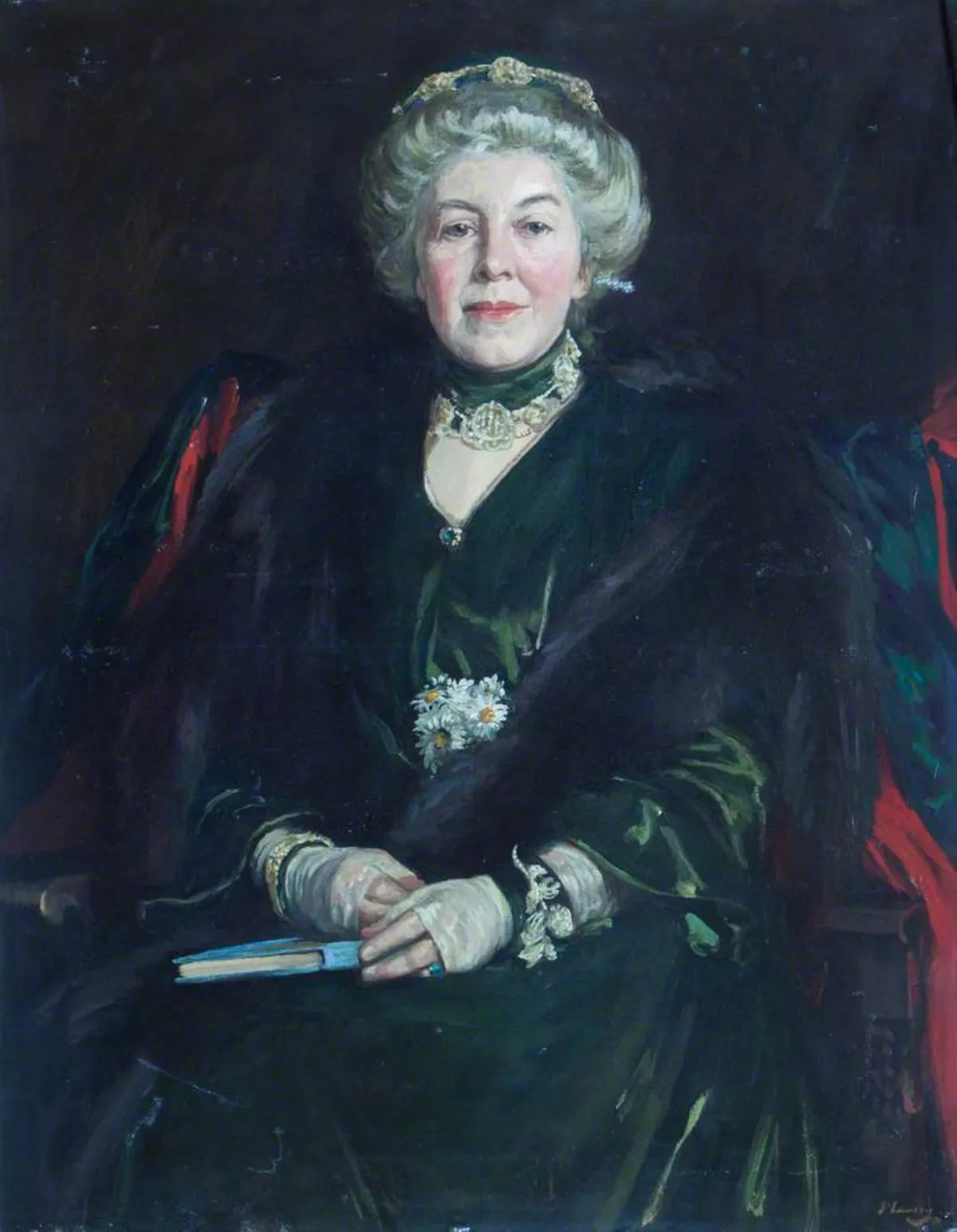 1.
1. Constance Jones worked in logic and ethics and served as mistress of Girton College, Cambridge from 1903 to 1916.

 1.
1. Constance Jones worked in logic and ethics and served as mistress of Girton College, Cambridge from 1903 to 1916.
Emily Elizabeth Constance Jones was born at Langstone Court, Llangarron, Herefordshire, to John Jones and his wife, Emily, daughter of Thomas Oakley JP, of Monmouthshire.
Constance Jones spent her early teenage years with her family in Cape Town, South Africa, and when they returned to England in 1865 she attended a small school, Miss Robinson's, in Cheltenham, for a year.
Constance Jones was coached for the entrance examination for Girton College, Cambridge by Miss Alice Gruner, a former student of Newnham College at her home in Sydenham, Kent.
Constance Jones went up to Girton in 1875 where, prompted by having read Henry Fawcett's Political Economy and Mill's A System of Logic, she chose the Moral Sciences Tripos.
Constance Jones returned to Girton in 1884 as a research student and a resident lecturer in Moral Sciences.
Constance Jones edited Henry Sidgwick's Methods of Ethics and his Ethics of Green, Spencer, and Martineau ; and wrote Elements of Logic ; A Primer of Logic ; A Primer of Ethics ; A New Law of Thought and its Logical Bearing ; Girton College.
Constance Jones was Mistress of Girton College, Cambridge, from 1903 until her retirement in 1916.
Constance Jones was the first woman recorded as having delivered a paper to the Cambridge University Moral Sciences Club.
Constance Jones spoke about James Ward's Naturalism and Agnosticism on 1 December 1899, with the philosopher Henry Sidgwick chairing the meeting.
Constance Jones's views were regarded as original and influenced her colleagues.
Constance Jones spent her career developing the idea that categorical propositions are composed of a predicate and a subject related via identity or non-identity.
Constance Jones's major work is A New Law of Thought and its Logical Bearings.
Constance Jones was chiefly concerned with the import and interpretation of propositions.